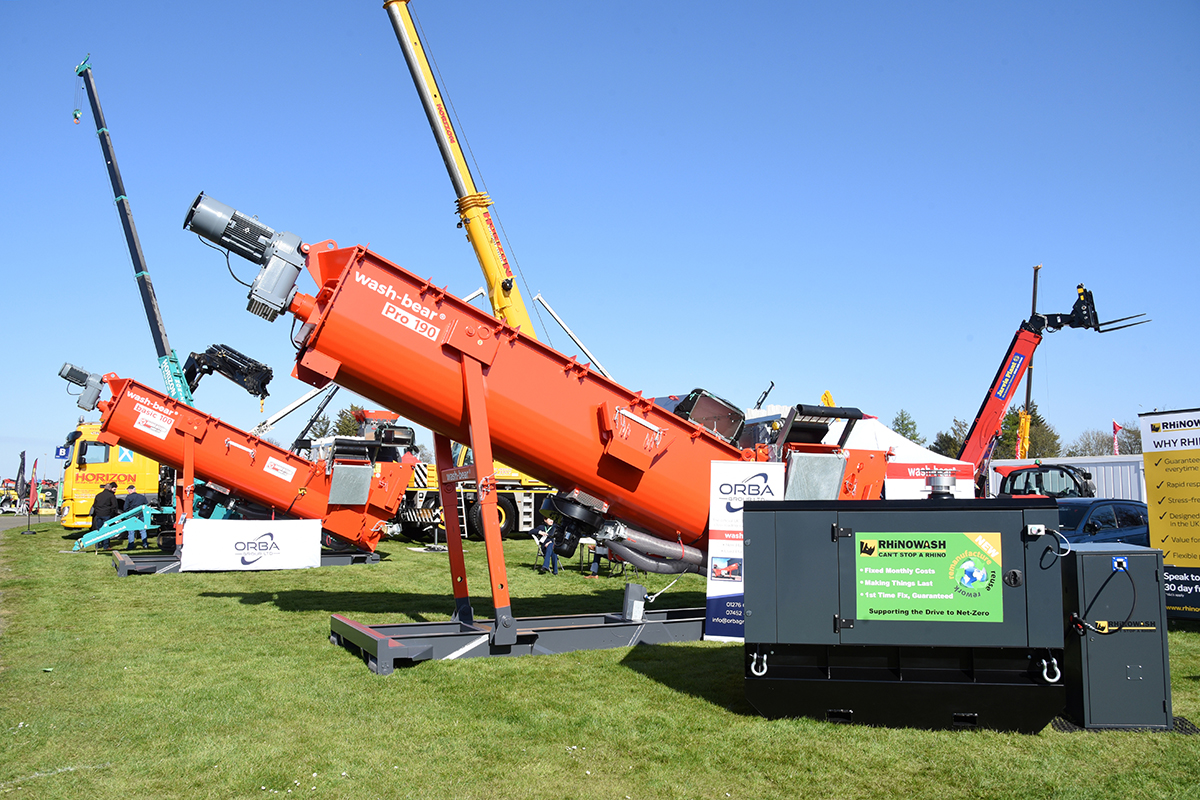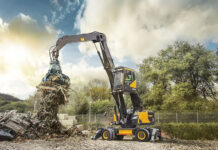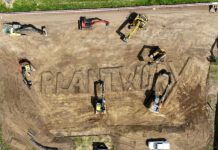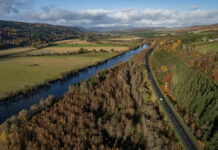
ORBA Group founder Barry O’Regan is targeting further growth in the Scottish market with the firm’s range of wash-bear products, described as a ‘highly efficient’ technology for separating lightweight materials from building rubble.
Barry founded Orba Group in 2019 after working in the crushing and screening industry for some 15 years, latterly with Sandvik.
Orba has grown on the back of becoming the official UK and Ireland distributor of the wash-bear range, which is manufactured by German-headquartered Moerschen Gmbh.
There are currently three different versions – Basic 100, Pro 150 and Pro 190, with a tracked version set to be launched at bauma later this year.
“In 2019/20 we sold two units,” Barry told Project Plant. “In 2020/21 we grew that to five units, and in 2021/22 sold a further ten units.
“We have units in Scotland, Newcastle, Oldham, the Midlands, all the way down to London and Somerset.”
The wash-bear is said to work according to the floating-sinking principle and separates materials such as wood, artificial and insulating materials from the minerals.
With a process efficiency described as ensuring ‘almost 100% separation’ of contaminants and mineral fractions, the wash-bear boasts a closed system that consumes whatever water adheres to the discharged mineral.
The water used is absorbed into the basic moisture of the RC material.
The basis of the technology of a mechanical separation of light materials such as aerated concrete, plastic or organic material is a patented screw conveyor. The rotation speed and pitch of the auger can be ‘infinitely’ adjusted, and with it the dewatering of material.
The discharge of the floating light materials is said to take place continuously and automatically via a brush belt specially designed for the product.
“I listened to customers for years and years through the crushing and screening industry, telling me they couldn’t get the product 100% entirely clear of contaminants,” Barry added. “The wash-bear does that.
“It is electric-driven, no hydraulics, no oil, and very low power requirement.”
Advantages of the wash-bear are said to include low operating and maintenance costs, no accruing wastewater or sediment residues, the ability to be easily integrated into existing systems, and the fact manual sorting is no longer necessary thanks to integrated level control.
Irvine-based recycling specialist Lowmac was the first Scottish company to invest in the wash-bear product. There are currently three of the systems operating north of the border, with the most recent installation taking place at David Ritchie & Sons in Aviemore.
Orba Group highlighted the products to the Scottish market during its debut at ScotPlant earlier this year.
Barry is keen to grow its presence in Scotland and believes there is plenty scope to achieve this.
“We won’t go to a place where it’s not going to work,” he said. “We’re not going to waste our time or the customer’s time. Feedback has been very strong and it works all over the country.”












